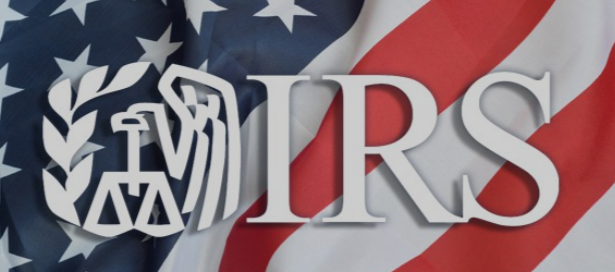In 2025, a new wave of IRS scam 2025 schemes is sweeping across the country. Scammers are using a range of deceptive tactics to trick taxpayers into believing their tax debts can be erased. Posing as legitimate IRS representatives or officials from fake government agencies, these criminals are reaching out through phone calls, texts, and emails to collect sensitive information.
How to Spot an IRS Scam 2025
These scammers often rely on fear and urgency to pressure victims. They may threaten arrest, deportation, or the suspension of your Social Security number. One common tactic is offering a fictional program, such as the so-called “Federal Economic Recovery Policy,” which they claim can wipe out your tax debt. However, the IRS scam 2025 warnings are clear: No such programs exist, and the IRS never demands payment via phone or email.
Scammers are also known for sending fraudulent emails or text messages that look like official IRS communications. They provide links to fake websites designed to steal your personal information. If you click on these links, you may unknowingly install malicious software that compromises your data.

Protecting Yourself from IRS Scam 2025
To avoid falling victim to an IRS scam 2025, watch out for red flags. Scammers often ask for immediate payments through wire transfers, gift cards, or even cryptocurrencies—methods that the IRS would never use. Spelling mistakes or poorly worded messages are also a telltale sign of a scam. Remember, the IRS never contacts taxpayers via text, email, or social media.
If you receive any communication that seems suspicious, don’t engage with it. Instead, contact the IRS directly using the contact information provided on their official website to verify whether the message is legitimate.
Source: www.inquisitr.com



